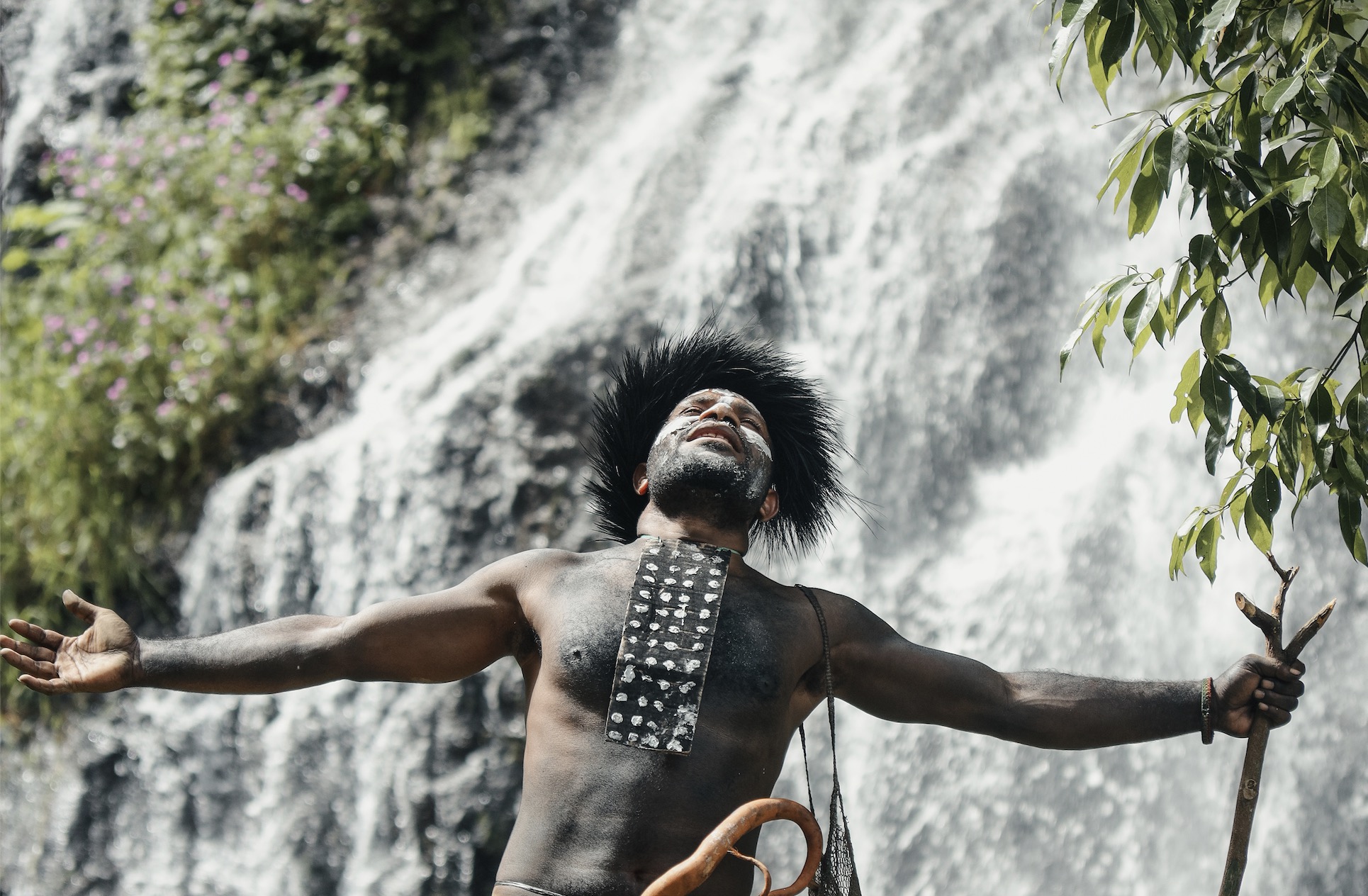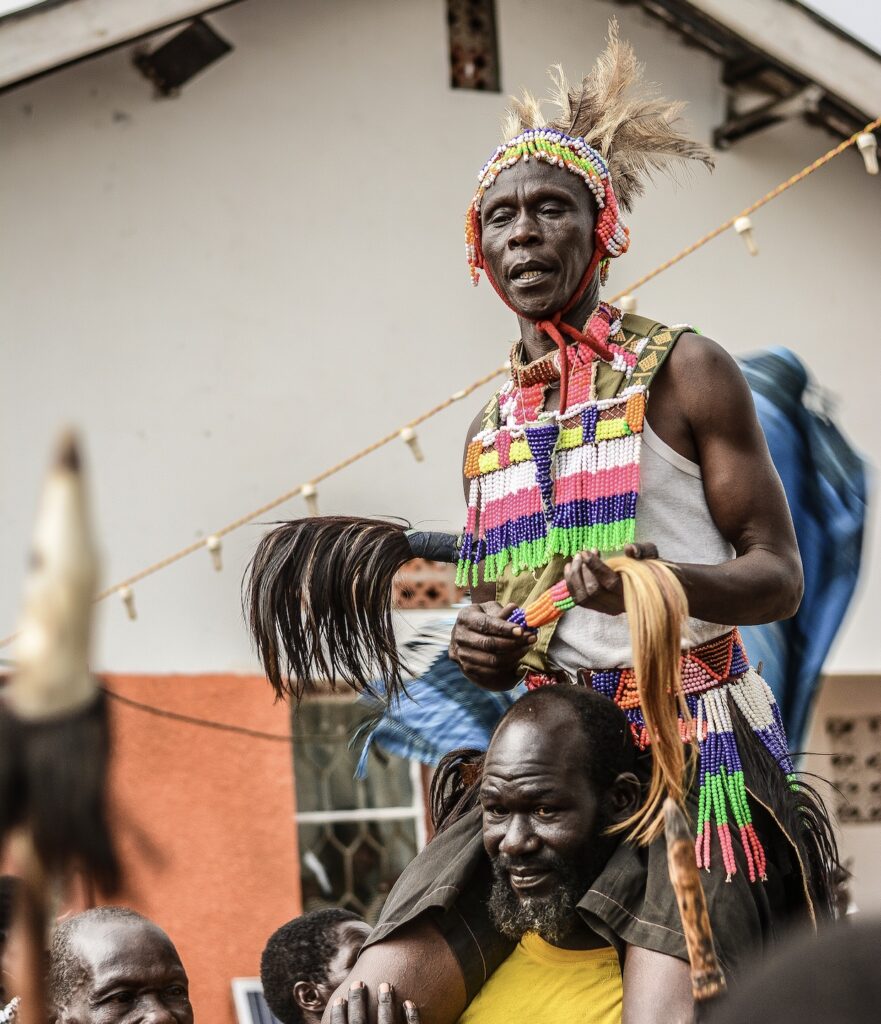Why Was Early African Poetry Written and How Was It Performed

Why Was Early African Poetry Written and How Was It Performed?
Early African poetry played a crucial role in the societies where it originated. It was not just an artistic expression but a vital means of communication, cultural preservation, and social commentary. Understanding why this poetry was written and how it was performed provides insight into the rich tapestry of African traditions and societal structures.
Why Was Early African Poetry Written?
Early African poetry was crafted for several significant reasons:
- Communication: Poetry served as a medium to convey important messages and stories within the community. It was used to inform, educate, and entertain, making complex ideas accessible to everyone, regardless of their literacy level.
- Cultural Preservation: In societies where written language was not prevalent, poetry was a powerful tool for preserving history, traditions, and cultural values. Through poetry, historical events, genealogies, and cultural practices were memorized and passed down through generations. For example, the epic of Sundiata, a foundational legend of the Mali Empire, was preserved through oral poetry.
- Social Commentary: Poets used their art to comment on societal issues, critique leadership, and advocate for change. This form of poetry allowed for reflection and discussion within the community. For instance, the Yoruba praise poetry known as oriki often includes elements of social critique.
How Was Early African Poetry Performed?

The performance of early African poetry was a dynamic and communal activity, involving several key elements:
- Oral Tradition: Poetry was primarily an oral tradition, performed by skilled poets known as griots or praise singers. These poets were often historians, storytellers, and musicians, playing a vital role in maintaining the oral history of their people.
- Musical Accompaniment: Performances were typically accompanied by music, enhancing the rhythm and emotional impact of the poetry. Instruments such as drums, kora, and balafon were commonly used. For example, in West African cultures, the kora, a 21-string lute-bridge-harp, often accompanied griot performances.
- Audience Interaction: Early African poetry performances were highly interactive, engaging the audience through call-and-response patterns. This interaction created a communal experience, reinforcing social bonds and shared cultural values.
- Dramatic Expression: Performers used dramatic expressions, gestures, and movements to bring the poetry to life. This made the performance a multisensory experience that captivated the audience and conveyed deeper meanings.
Early African poetry was written for communication, cultural preservation, and social commentary. Its performance, characterized by oral tradition, musical accompaniment, audience interaction, and dramatic expression, played a vital role in the cultural life of African communities. Through this rich tradition, the values, histories, and social dynamics of African societies were vividly expressed and preserved.
